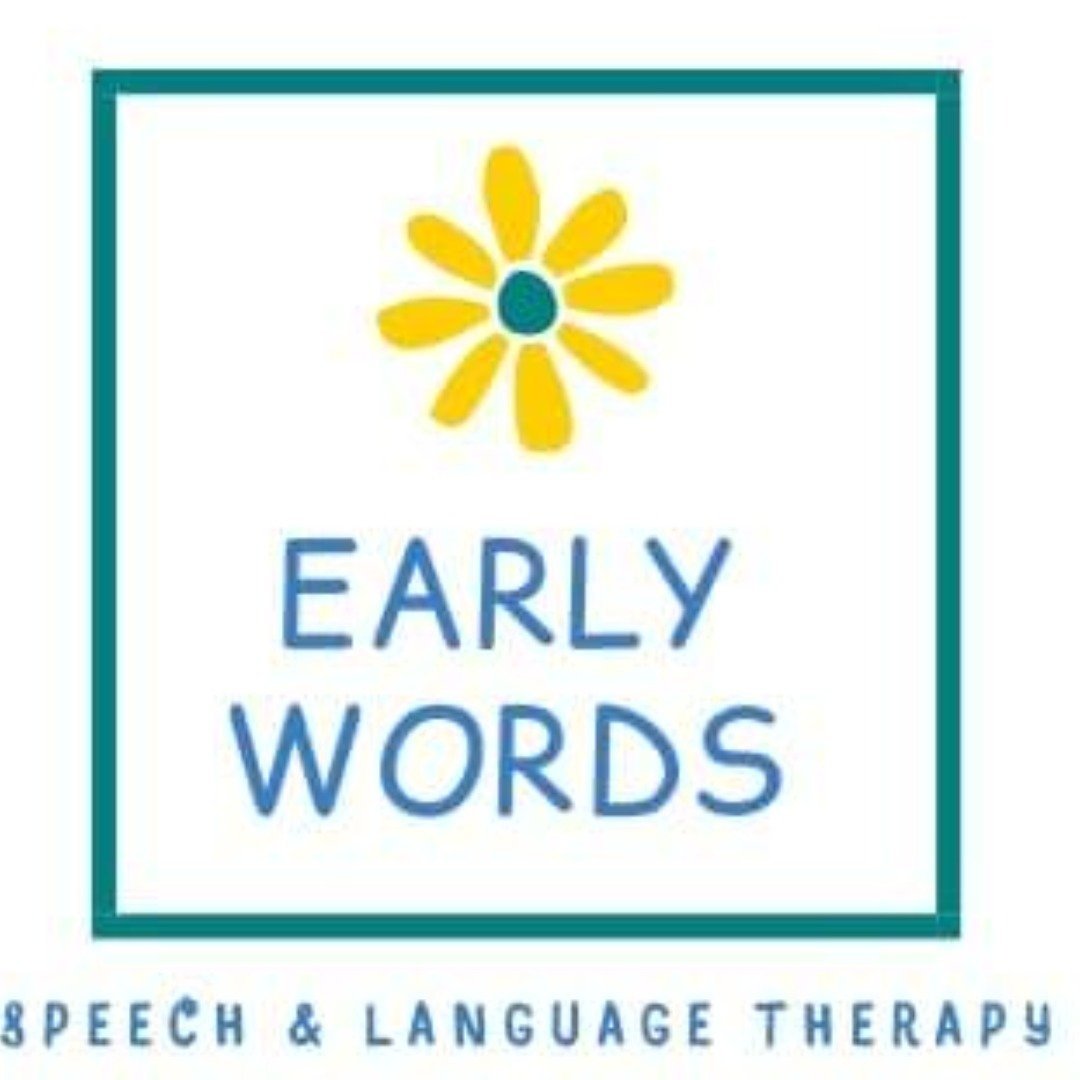Speech, Language and Communication - What's The Difference? A Therapist Explains
Speech, language and communication - what’s the difference between them when it comes to therapy?
These terms are used interchangeably but have very different meanings to a speech and language therapist like me. Read more about how communication, language and speech differ for your young one.
Communication
Communication may be used as an umbrella term to describe the way, or how your child communicates. Communication often involves a two way exchange between people. Your child may not be using words but does communicate through non-verbal means such as gesture, pointing or pulling. Alternatively, your child may use words to express themselves but they may have difficulty communicating this to others.
If you are concerned about your child’s communication, I am happy to discuss this with you.
Language
When speech and language therapists use the word ‘language’ we are referring to the words children use and the words children understand. So we will often refer to a child’s:
Understanding of language (aka receptive language) which refers to your child’s ability to follow instructions, understand words, questions and concepts.
Or their use of language (aka expressive language) which refers to your child’s use of words, length of sentences, vocabulary, and sentence structure.
A child may have difficulty in both their understanding and use of language. If you are concerned about your child’s language development I am happy to discuss this with you.
Speech
Speech and language therapists use the word ‘speech’ to refer to sounds. So not the words, but how the words are produced. By referring to your child’s speech needs we are thinking about the:
Sounds they use, e.g. ‘k’, ’t’, ‘p’
and the movement of mouth, lips, teeth, tongue
So your child may have a speech sound difficulty if they are having difficulty producing certain sounds, putting those sounds together or using their sounds in longer sentences. For instance, they may have difficulty producing the ‘k’ sound and call a “cat” a “tat”. If they didn't know or use the word “cat” then they may also have a language difficulty.
Speech sounds evolve at different stages in a child’s development. If you are concerned about your child’s speech sounds, I am happy to discuss these with you.
